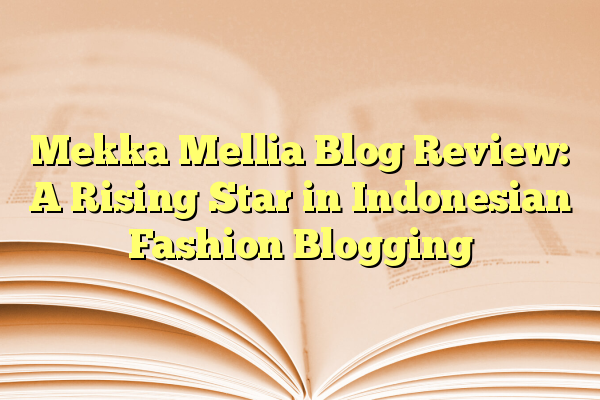
5 Best Alternatives To Copyscape for checking plagiarism
Plagiarism detection is an essential part of content creation, academic writing, and digital publishing. While Copyscape has long been a trusted name in this area, many users are now searching for alternatives that offer greater functionality, affordability, or more comprehensive scanning capabilities. Whether you’re a content marketer, educator, or student, finding a reliable plagiarism checker is key to maintaining credibility and originality.
Below are five trustworthy and effective alternatives to Copyscape you can consider for your plagiarism-checking needs:
Contents
1. Grammarly Premium
Best for writers who want advanced grammar checking along with plagiarism detection.
Most people know Grammarly for its powerful grammar and spelling tools, but its premium subscription also includes a plagiarism checker. Grammarly compares your content against billions of web pages and academic databases. It’s fast, accurate, and provides a percentage-based similarity score.
Additionally, Grammarly gives detailed suggestions for improving tone, clarity, and engagement—making it a versatile tool for writers and businesses alike.

- Pros: Additional writing enhancement tools, user-friendly interface, integrates with browsers and applications
- Cons: Requires subscription for plagiarism checking, not tailored solely for academic databases
2. Quetext
Best for educators and academic professionals seeking deep plagiarism detection.
Quetext is an emerging favorite among teachers and professionals. It offers a unique DeepSearch™ technology that combines contextual analysis and smart algorithms to detect even nuanced instances of plagiarism. The premium version includes features like citation assistance and detailed match scoring.
- Pros: Intuitive interface, citation support, includes color-coded feedback
- Cons: Free version is limited, occasional false positives
3. Plagscan
Best for enterprise-level and institutional use.
Plagscan is a professional plagiarism checker used by universities, publishers, and corporations. It supports various file formats and generates downloadable reports. Plagscan compares your content against online sources, its internal database, and user-uploaded content for a multi-layered verification process.

- Pros: GDPR compliant, integrates easily with Learning Management Systems (LMS), supports multiple languages
- Cons: Slight learning curve for new users, not ideal for casual bloggers
4. Scribbr
Best for students and academic institutions focused on originality in research work.
Scribbr is a plagiarism checker powered by a partnership with Turnitin—a trusted name in academic integrity. It’s tailored for thesis and dissertation writers, making it extremely useful for students. Scribbr checks for both exact matches and paraphrased content that may violate citation rules.
- Pros: Highly accurate, supports multiple citation styles, free with purchase of proofreading services
- Cons: Primarily designed for academic documents, can be costly for occasional use
5. Small SEO Tools Plagiarism Checker
Best for digital marketers and bloggers looking for a free solution.
Small SEO Tools offers a completely free plagiarism AI detection tool that’s incredibly popular among bloggers and digital content creators. While it doesn’t compare to enterprise-level tools, its ease of use and no-cost model make it an attractive choice for basic usage. It supports document uploads and URL-based checking.
- Pros: Free to use, supports multiple file formats, includes grammar and SEO tools
- Cons: Limited accuracy, slower processing, intrusive ads

Final Thoughts
While Copyscape remains a widely recognized option in the plagiarism-checking space, it is far from your only choice. With tools like Grammarly Premium, Quetext, and Plagscan, users can find a solution that aligns with their specific needs—whether those include SEO, academic writing, or enterprise-level compliance.
Choosing the right tool depends on your use case. For academic integrity, Scribbr and Plagscan offer unmatched scrutiny. For writers and bloggers, Small SEO Tools and Grammarly may offer sufficient capabilities without breaking the bank.
Investing in a trustworthy plagiarism detection tool is not just about avoiding duplication—it’s about preserving the integrity of your work and strengthening your credibility in a saturated digital world.
